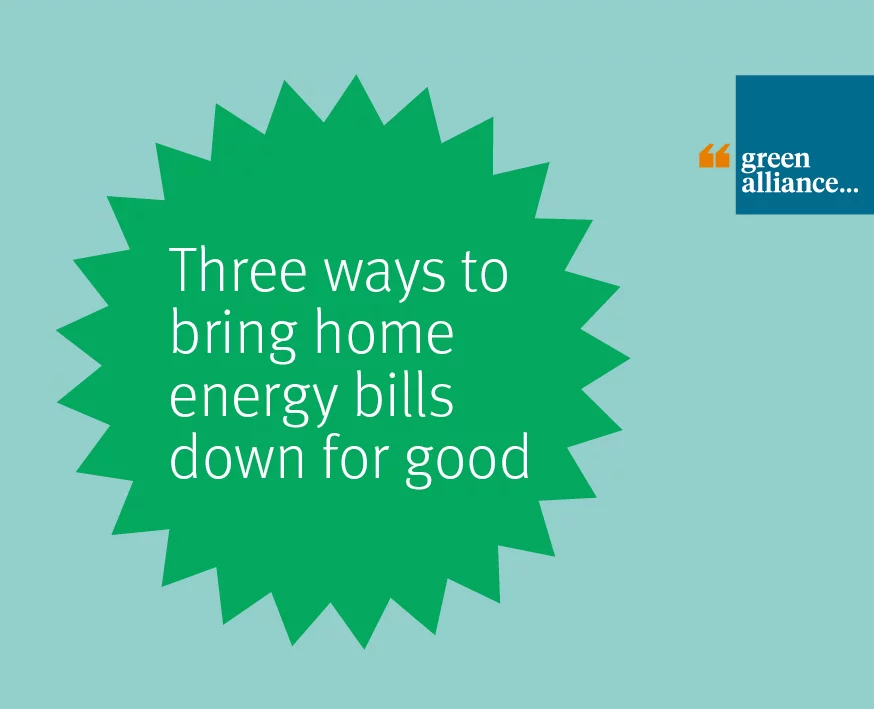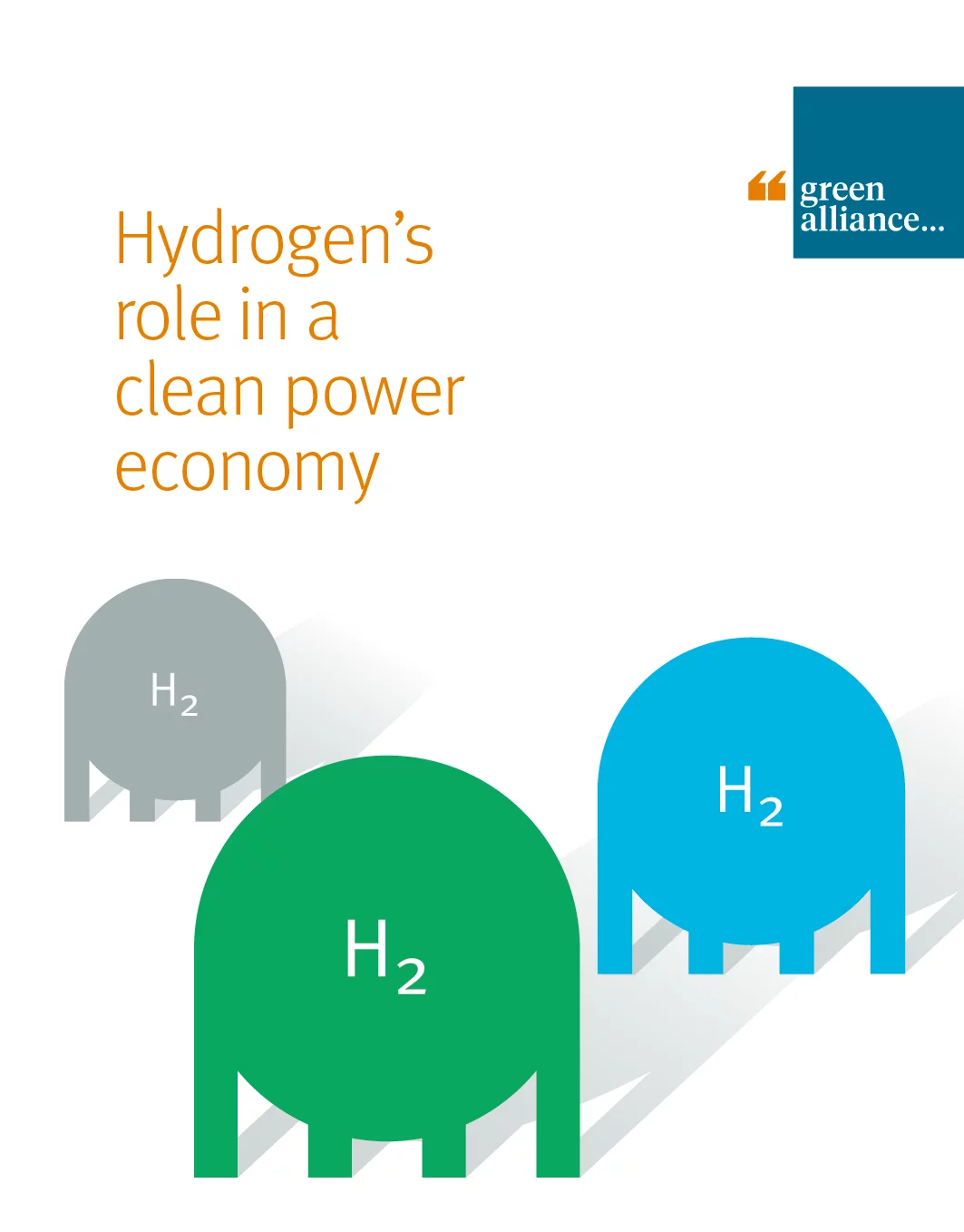Summary
Methane has been overlooked for far too long in efforts to address climate change. It’s a potent greenhouse gas with over 80 times the warming power of CO2 in the first 20 years after emission. Even though CO2 lasts longer in the atmosphere, at least a quarter of global warming is driven by methane from human actions. Rapid methane reductions are possible and will be critical to limit global warming to the Paris Agreement target of 1.5°C.
However, North Sea oil and gas operators continue to vent or flare (ie dispose of through burning) vast quantities of surplus natural gas to the atmosphere even though there are other ways to deal with it. Most of this gas is methane. In 2021 operators wasted enough to supply over 750,000 homes.
This problem was dealt with elsewhere decades ago. Regulation in Norway ended routine flaring in 1971. Half a century later, UK operators have only got as far as agreeing to phase out non-emergency flaring and venting by 2030, following a World Bank initiative. Campaigners, MPs and the Climate Change Committee all think this isn’t good enough and want the date brought forward to 2025.
What is stopping the operators from acting? Will COP28 in Dubai, regarded as ‘the oil and gas COP’, alter the UK’s mood around the North Sea’s contribution to climate change?
On Tuesday 21 November 2023, this event discussed the answers to these questions, followed by an audience Q&A.
Panellists
- Chair: Dustin Benton, policy director, Green Alliance
- Claire Wang, senior adviser, US Climate Envoy John Kerry
- Mats Rongved, adviser, Bellona (Norway)
- Rebecca Tremain, head of UK Government Affairs, Clean Air Task Force

